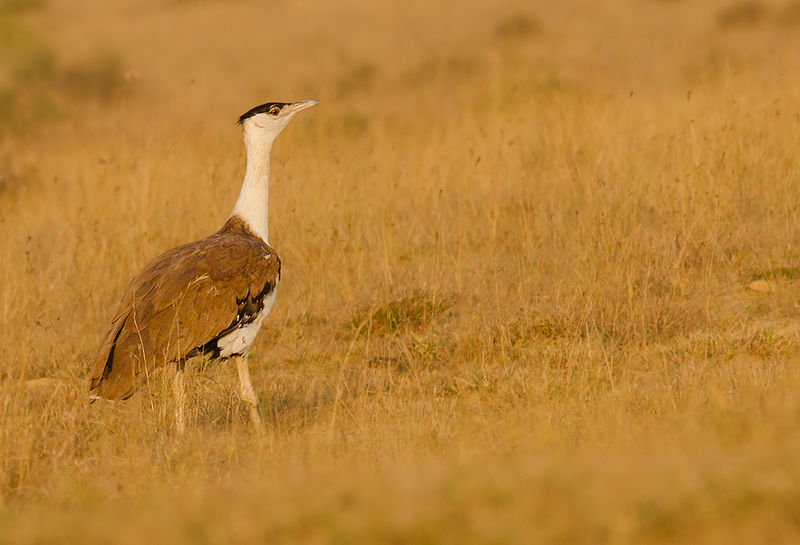Sustainable Projects Developer Association (SPDA), an independent industry association committed to promoting the energy transition in India, has welcomed the Supreme Court’s decision regarding the conservation of the critically endangered Great Indian Bustard (GIB) found largely in Rajasthan and Gujarat.
The collision of Great India Bustard with transmission lines was identified as one of the primary causes of fatalities of Great India Bustard. Supreme Court, in its earlier decision, put restrictions on the laying of overhead transmission lines in an area of more than 80,000 sq km spread over Rajasthan and Gujarat, which had impacted a massive capacity of renewable energy projects coming up in Rajasthan as the area under restriction was preferred by developers for installation of solar and wind projects due to its high solar radiation and wind speeds.
While hearing a petition in the matter, India’s apex court modified its earlier Order dated 19th April 2021 by relaxing restrictions on the construction of overhead transmission lines in the potential areas.
In its judgment, the Supreme Court acknowledged the role of renewable energy in the clean energy transition and the achievement of India’s commitment to the same in COP. It reduced the restricted area for construction of transmission from 80,000 sq. km in Gujarat and Rajasthan to a priority area of around 13,000 sq. km.
The Supreme Court also constituted a new committee comprising seven members and two special invitees to identify measures and safeguards to be adopted in overhead transmission that can help conservation of Great Indian Bustard. The Committee has been directed to file a report before the Supreme Court by July 31, 2024.
Commenting on the development, Shekhar Dutt said, “The Hon’ble Supreme Court had devised a win-win solution for both parties. It has recognized the need to conserve Great India Bustard and the development of renewable energy projects. The judgment nicely balances both objectives.”
This content is protected by copyright and may not be reused. If you want to cooperate with us and would like to reuse some of our content, please contact: editors@pv-magazine.com.









By submitting this form you agree to pv magazine using your data for the purposes of publishing your comment.
Your personal data will only be disclosed or otherwise transmitted to third parties for the purposes of spam filtering or if this is necessary for technical maintenance of the website. Any other transfer to third parties will not take place unless this is justified on the basis of applicable data protection regulations or if pv magazine is legally obliged to do so.
You may revoke this consent at any time with effect for the future, in which case your personal data will be deleted immediately. Otherwise, your data will be deleted if pv magazine has processed your request or the purpose of data storage is fulfilled.
Further information on data privacy can be found in our Data Protection Policy.